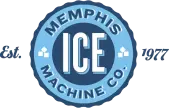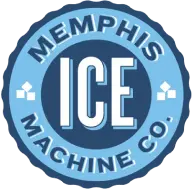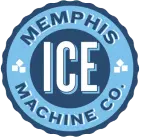proudly serving
the mid-south

Restaurant Ice Machine Not Working Troubleshooting Tips Made Easy
When your restaurant ice machine goes down, you feel it fast. Suddenly, everything slows, and customers start asking for ice you can’t provide. The most common causes are water supply hiccups, clogged filters, or electrical gremlins—tackling these can often get your ice machine humming again.
To keep your ice machine dependable, you really need regular maintenance and a sense of when it’s time to call in the pros. At Memphis Ice, we’ve been helping Mid-South businesses since 1977, making sure ice and refrigeration don’t become your headache.
Whether you’re after a quick fix, a tune-up, or just want to make sure your machine survives another Memphis summer, this guide will walk you through the usual suspects and what you can actually do about them.
Common Reasons a Restaurant Ice Machine Is Not Working
If your ice machine slows down or just stops, it’s usually something you can spot. Power, water flow, or a busted part—those are the big three. Knowing where to look can save you a lot of hassle.
Power Supply Issues
Ice machines need steady power. Sometimes, a loose cord is all it takes to knock it out. Double-check that the plug’s snug.
A tripped breaker or blown fuse can also cut power. Don’t forget to glance at your breaker panel.
Electrical gremlins inside—like fried wiring or a faulty control board—can also bring things to a halt. If you see blinking error lights or hear beeping, that’s a clue.
If the electrical stuff seems over your head, just call a licensed tech. Memphis Ice has been untangling these issues for nearly five decades.
Clogged Water Filters
Water’s the whole point of an ice machine, right? Dirty or clogged filters choke off water flow, and that leads to bad ice or no ice at all. If cubes look weird or are missing, filters are a good place to start.
Clogged filters also stress the water pump, which can trigger leaks or shutdowns.
Swap out filters on schedule—or sooner if you notice problems. Clean water means better ice and happier machinery.
It’s smart to stash a spare filter nearby. Memphis Ice is big on routine filter checks—it’s just good sense.
Ice Maker Component Failures
Lots of little parts inside an ice machine can go bad. The water inlet valve decides how much water gets in. If it’s stuck or broken, nothing’s freezing.
Thermostats and sensors keep tabs on temperature. If they glitch, you might not get any ice, or the machine might freeze up.
A dying compressor means no cooling, so the machine overheats or just sits there.
Leaks or tired seals can let water escape and mess with efficiency.
If you hear odd noises, see water pooling, or notice slow ice, call a tech. Catching these problems early is way easier than dealing with a full breakdown.
Improper Temperature Settings
Ice machines have a sweet spot for temperature. If the room’s too hot or the thermostat’s off, production tanks.
Keep the machine somewhere with airflow and a bit of space around it.
If it’s too warm, water doesn’t freeze. Too cold, and you’ll get jams or freeze-ups.
Double-check your machine’s temperature settings. The manual’s your friend here.
If you’re still stuck, Memphis Ice can send someone out or just talk you through it.
Troubleshooting Steps for Restaurant Ice Machines
When your ice machine is on the fritz, start with the basics. Check the power, then the water. Sometimes, a quick reset is enough to bring it back.
Checking Electrical Connections
First, is the machine plugged in all the way? Look for loose cords or sketchy plugs. If nothing turns on, check your breakers or fuses—sometimes it’s that simple.
Test the outlet with another appliance, just to be sure. Some machines have an on/off switch—don’t overlook it.
If you smell burning, see sparks, or spot damaged wires, shut it down and call a pro. Safety first.
Inspecting Water Lines
Ice machines need a steady water supply. Check for kinks, leaks, or blockages in the water line. Frozen or clogged lines stop everything.
Is the water valve open? Look at the filter—if it’s gross, replace it. Dirty filters slow water and make bad ice.
If water pressure feels weak, you might have a plumbing issue. Fixing leaks or swapping filters can get things moving again.
Resetting the Ice Machine
Sometimes, all your machine needs is a reset. Find the reset button—usually near the controls.
Before you reset, turn off the machine and unplug it for a few minutes. Let it chill out. Then plug it in and hit reset.
If it’s still not right, check your manual for specific steps or error codes. Memphis Ice can help if you’re stuck.
How to Maintain Your Restaurant Ice Machine
Staying ahead of ice machine problems means cleaning it and swapping out parts before they fail. It’s not glamorous, but it works.
Regular Cleaning Procedures
Clean your ice machine at least twice a year—more if you’re busy. Pull out the ice bin and wash it with warm, soapy water. Wipe down anything the ice touches.
Inside, use a food-safe sanitizer. It kills germs and keeps things smelling decent. Don’t skip the condenser coils—dusty coils mean trouble.
Run a cleaning cycle with the right cleaner. This clears out scale and minerals. Regular cleaning is way cheaper than repairs.
Replacing Filters and Components
Swap water filters every 6 months or if your ice gets cloudy or weird. Clogged filters slow everything down. Keep extras on hand.
Look over things like the water inlet valve and gaskets for leaks or cracks. Replace worn parts before they cause bigger headaches.
Memphis Ice suggests a yearly inspection. It’s a good way to catch problems early and keep things running. Maintenance isn’t glamorous, but it keeps your kitchen moving.
When to Call a Professional for Ice Machine Repairs
Sometimes, you just need a pro. If your ice machine’s acting up and you can’t pin it down, don’t waste time—call someone who knows these things inside out.
Recognizing Serious Mechanical Problems
Weird noises like grinding or rattling usually mean something’s going wrong inside—maybe the motor or another part. If you hear it, don’t ignore it.
If you notice less ice, strange-shaped cubes, or leaks, you’re probably dealing with something more serious. Machines that run but don’t make ice are waving a red flag.
At that point, a repair tech is your best bet. They’ll figure it out fast and save you from bigger headaches.
Warranty Considerations
Before you grab a wrench, check your warranty. A lot of commercial machines have warranties that vanish if you try to fix things yourself. Calling Memphis Ice (or another authorized tech) keeps your coverage safe.
If you’re still under warranty, let an authorized provider handle repairs. Even if it’s expired, pros can spot things you might miss and save you money down the road.
Honestly, sticking with trusted experts just makes life easier. Less downtime, fewer surprises.
Preventing Future Ice Machine Breakdowns
Want to avoid surprise breakdowns? A little planning and some training go a long way. Keep your machine in shape and make sure everyone knows how to treat it right.
Scheduling Routine Maintenance
Don’t wait for things to break. Set up a routine—clean filters, check water lines, test electrical stuff every few months. It keeps repairs (and costs) down.
A smart maintenance plan covers:
- Checking for scale inside
- Swapping filters on time
- Looking for leaks or busted hoses
- Testing how fast and how well it makes ice
Memphis Ice has maintenance plans that fit your schedule. They help you dodge downtime, especially during those crazy shifts.
Staff Training and Best Practices
Your staff can make or break your ice machine’s lifespan. Show them how to use it and what to watch for—slow ice, weird noises, whatever.
Some quick tips:
- Don’t open the bin more than you have to; keep it closed to stay cold
- Use clean water, always
- Tell someone right away if the ice smells, sounds, or looks off
- Stick to daily cleaning routines
A little training keeps your ice machine happy—and your customers, too. Problems get caught early, and you avoid those expensive repair calls.
Choosing a Reliable Restaurant Ice Machine Service Company
When your ice machine goes down, you just want it fixed—fast. Picking a service team with real experience in commercial ice machines can save you headaches (and money). Honestly, you need people who get how hectic kitchens can be, and who treat your downtime like an emergency, not just another job.
A solid service company should handle everything—repairs, maintenance, parts, you name it. Why bother juggling three different numbers when one team can sort it all out? That’s just less hassle.
Memphis Ice has been helping the Mid-South since 1977. Their local folks know what restaurants around Memphis actually deal with. They’ll come out anywhere within 120+ miles, so you’re not stuck waiting days for help.
Here’s a quick look at what actually matters:
| Feature | Why It Matters |
| Fast response time | Minimizes downtime |
| Skilled technicians | Fix problems right |
| Preventative maintenance | Stops issues before they start |
| Transparent pricing | Avoids surprises |
And let’s be real—sometimes you just need a rental. If your machine’s out for repairs during a rush, a rental keeps you afloat.
Trust matters most. At Memphis Ice, they treat your gear like it’s their own, aiming to make ice and refrigeration one less thing to worry about. Give them a call and keep your kitchen cool—literally.
Upgrading Restaurant Equipment for Better Performance
Swapping out your old ice machine for a new one can seriously change the way your restaurant runs day-to-day. New models usually use less energy, crank out ice faster, and don’t break down as much. That means fewer headaches when things get busy and more time to actually focus on your guests.
When you’re picking new equipment, think about what you actually need. How much ice do you go through? Does it fit your kitchen’s layout? And don’t ignore those energy efficiency ratings—they’ll save you on bills over time.
Here’s a little cheat sheet for upgrades:
- High ice output for those crazy rushes
- Smaller footprint so you’re not tripping over it
- Self-cleaning features because who wants to scrub ice machines?
- Quiet operation—no one needs another loud appliance
At Memphis Ice, we get how important a good ice machine is for your business. We’ll help you buy, service, or even rent if you’re in a pinch.
Upgrading isn’t just about swapping hardware. Keep up with regular maintenance so your new machine runs at its best and you avoid those annoying breakdowns. Reach out to folks who know the local scene and have been doing this for decades.
Don’t wait until your old machine quits for good. Check out your options early, so you’re not scrambling later. With the right setup, you’ll spend less time fixing stuff and more time serving up great food and drinks.
Frequently Asked Questions
When your ice machine acts up, knowing what to check can save you a lot of stress. Sometimes it’s just a quick fix or routine maintenance.
What could cause a commercial ice machine to stop producing ice?
Usually, it’s simple stuff—no water supply, a clogged filter, or maybe an electrical hiccup. Sometimes ice builds up inside and blocks everything. Start with these basics before you panic.
How can I troubleshoot a Manitowoc ice machine that isn’t working?
First, make sure the water’s running and filters aren’t gunked up. Watch for any warning lights or error codes (each Manitowoc model is a little different). Sometimes a quick reset or cleaning does the trick.
Is there a way to reset a commercial ice machine when it has issues?
Yep. Most machines have a reset button or you can power cycle them—just turn it off for a few minutes, then back on. Always check the manual for your specific model so you don’t make things worse.
What steps should I take if my Hoshizaki ice machine isn’t making ice?
Listen for weird beeps. Clean out the filters and check the water line. If you see ice build-up, carefully chip it away with something nonmetal. Sometimes, you’ll need to let the whole thing thaw out.
Can portability affect an ice maker’s functionality, and what if it’s not making ice?
Portable ice makers need the right spot—good airflow, steady water, and a flat surface. If it’s not working, check for water issues, clogged filters, or blocked vents. Sometimes just leveling the machine helps it work better.
What are common indicators that a Scotsman ice machine may require maintenance?
Watch for blinking lights or odd noises—that’s usually a clue something’s off. If you notice less ice than usual, water pooling around the machine, or those pesky error codes popping up more often, it’s probably time to give it some attention. Keeping up with maintenance can really save you from headaches down the line.
Recent News
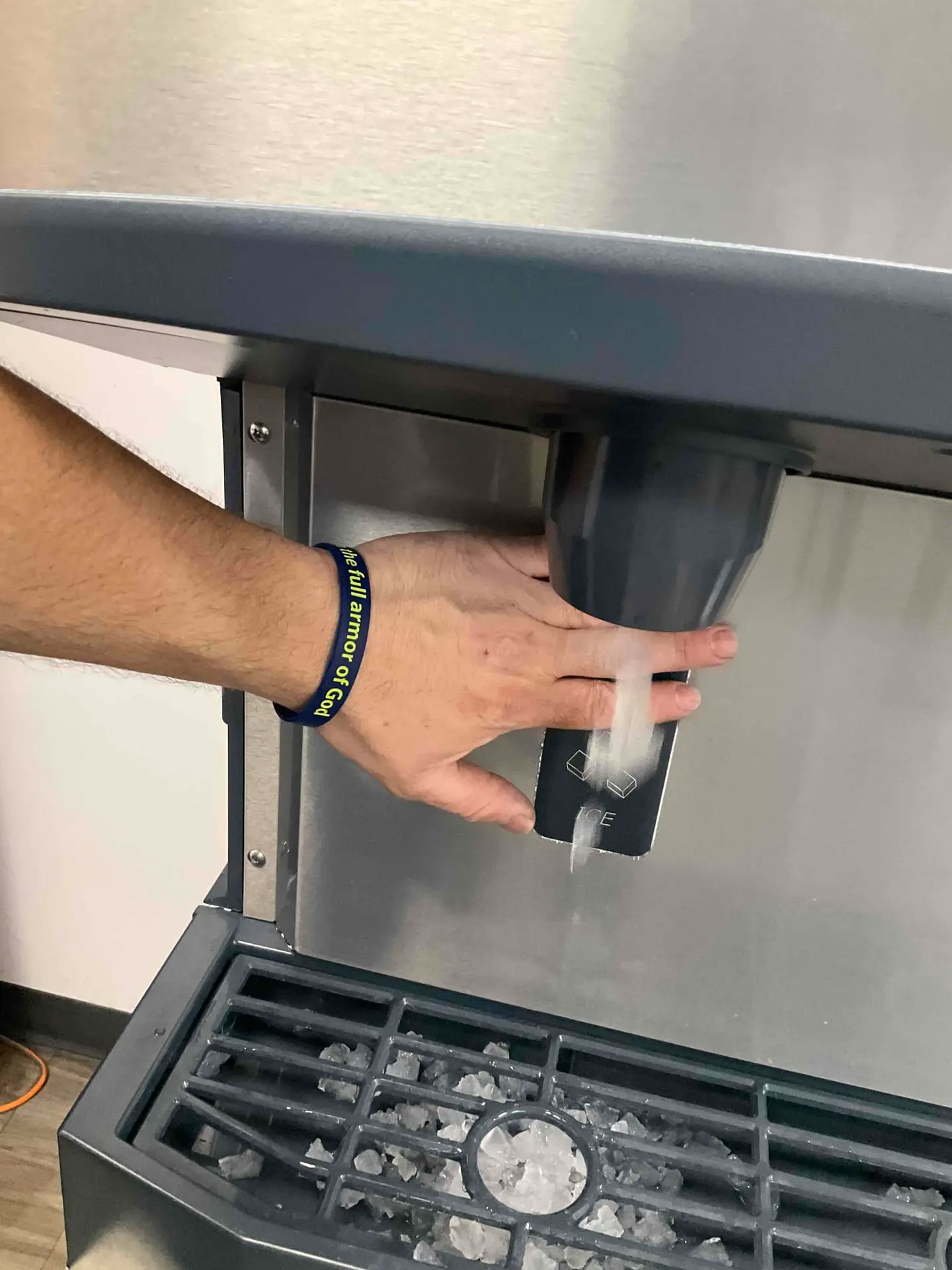
Steps to Reduce Energy Costs with Efficient Refrigeration Units for a Greener Home
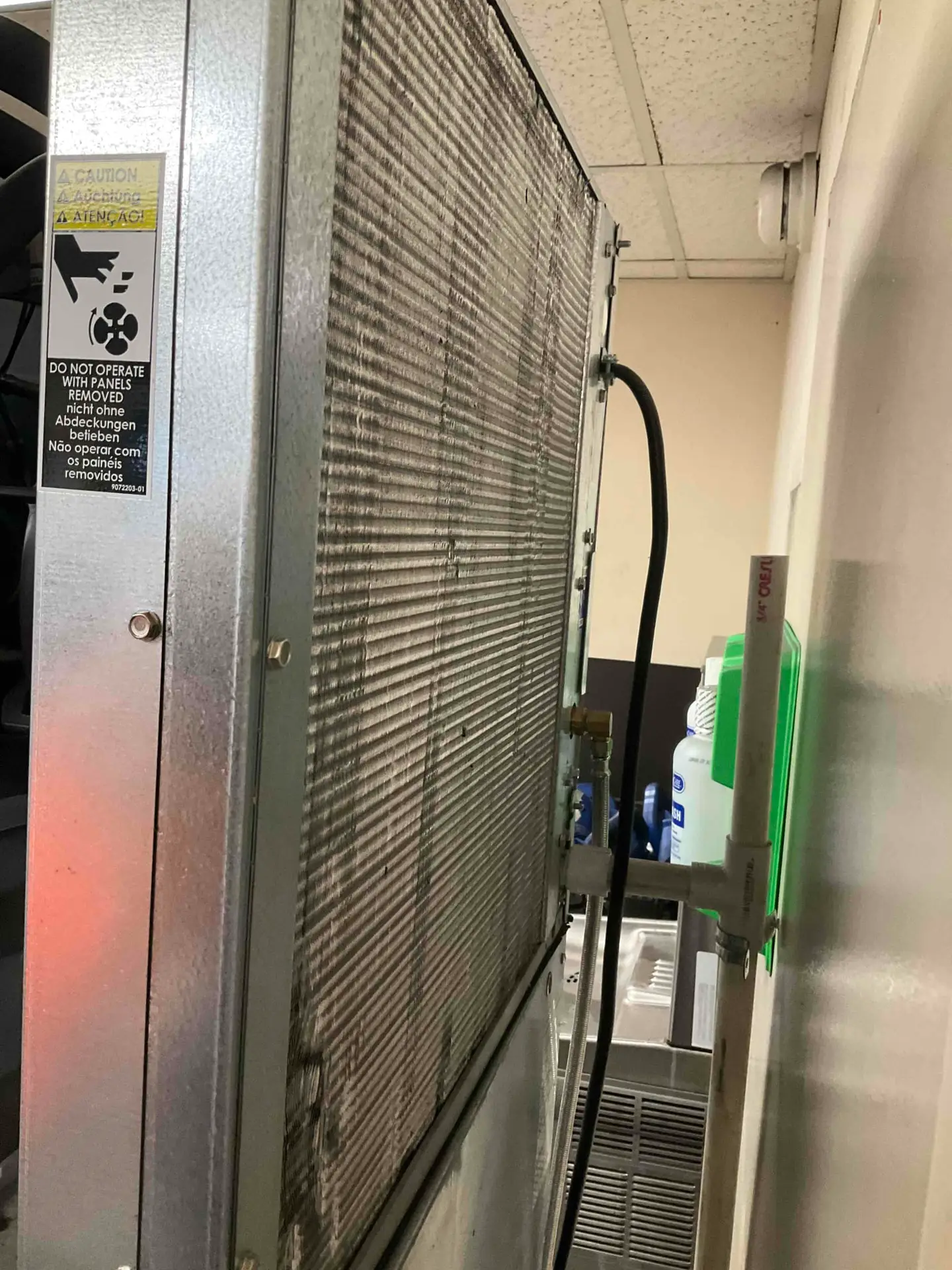
Event Refrigeration Rental Services Made Easy for Your Next Celebration
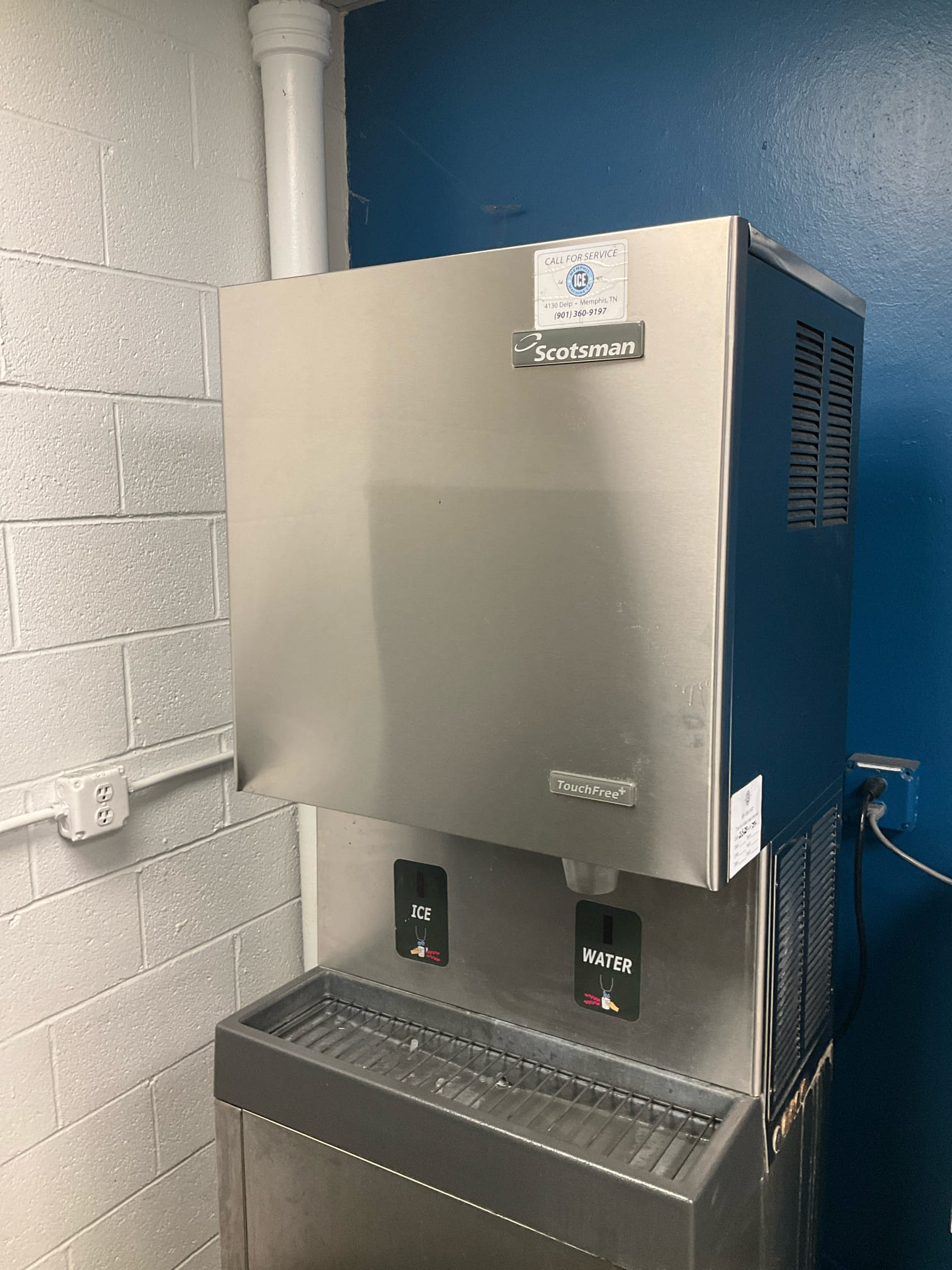
Energy Rebates for Refrigeration Equipment Made Easy and Affordable
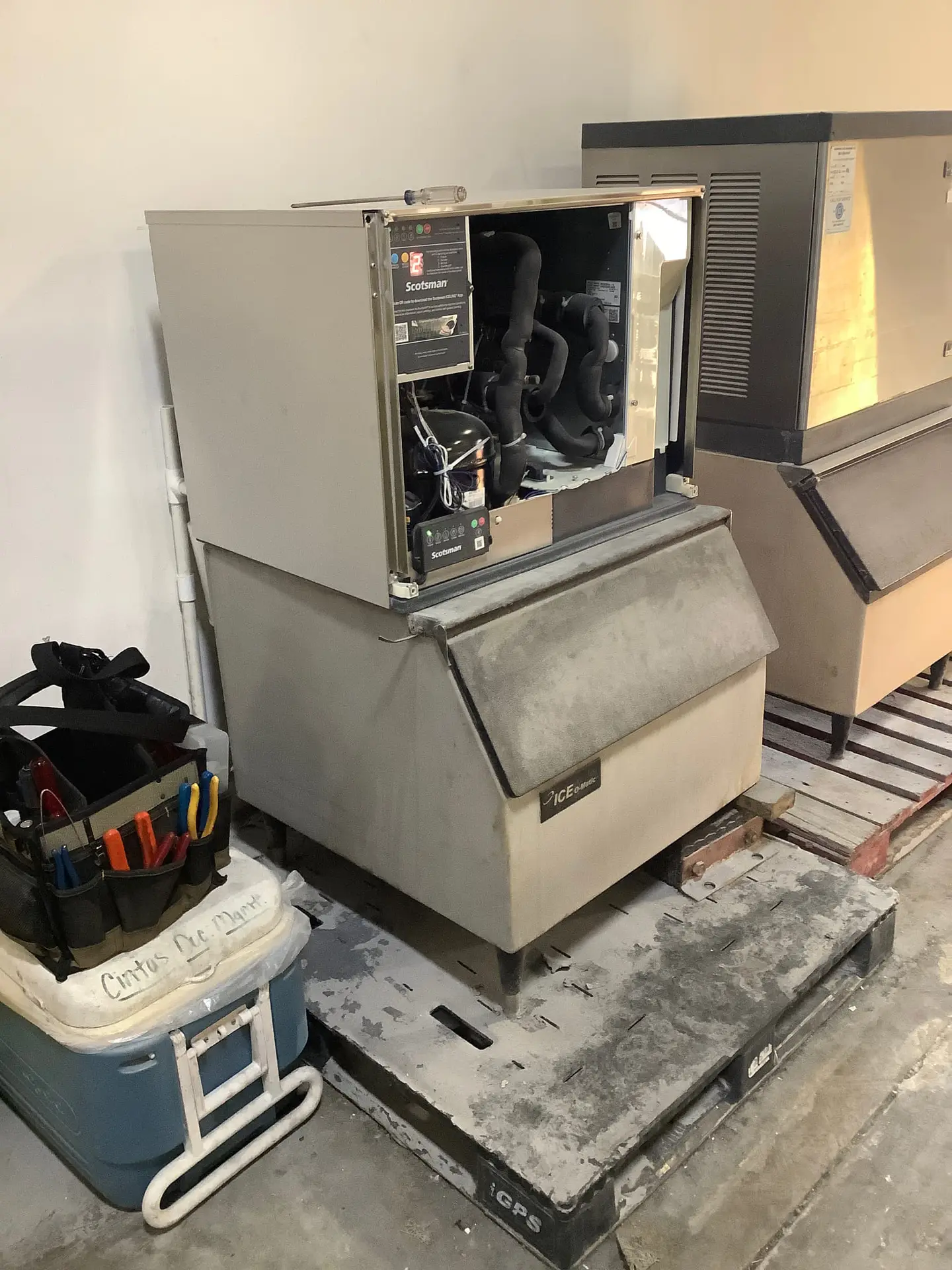
Tips for Avoiding Cross-Contamination in Ice Storage

Planning Ahead: Why February Is Smart Timing for Ice Machine Upgrades or Rentals
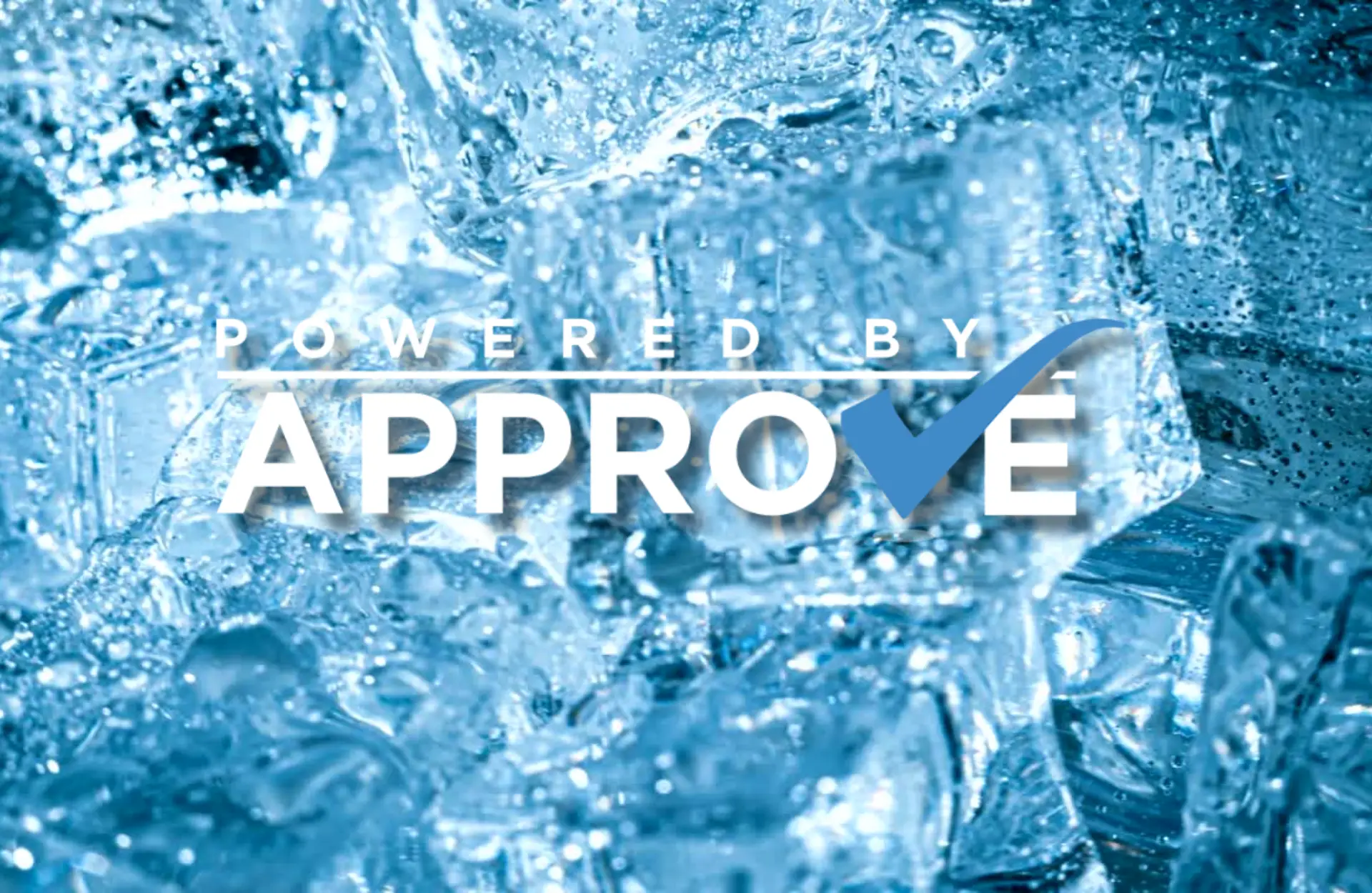
Introducing Financing Through APPROVE: Flexible Payment Options Now Available

